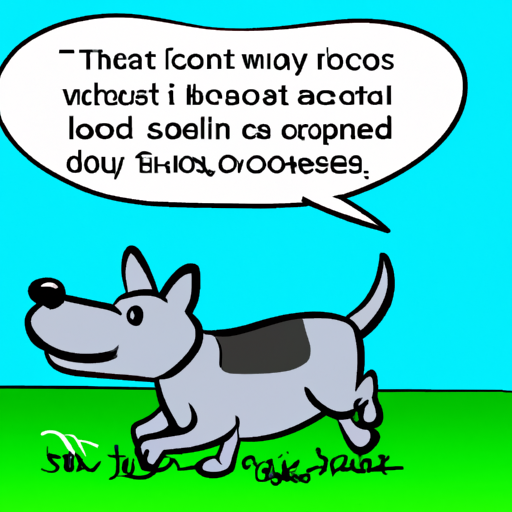Introduction
If you’re a dog owner, you’ve probably seen your canine companion do some pretty strange things. But one of the oddest, and sometimes most concerning, behaviors is when they start scooting on their butts.
Why Dogs Scoot on Their Butts?
Scooting is a dog’s way of trying to relieve discomfort or itchiness around their anal area. The causes can be various, ranging from simple irritation to more serious health conditions. Here are the five most common reasons:
- Anal Gland Issues: Dogs have two small glands located on either side of their anus. These glands can become blocked or infected, causing discomfort and prompting your dog to scoot.
- Parasites: Worms and other parasites can cause itchiness and discomfort.
- Allergies: Dogs can have allergies just like humans. If your dog is allergic to something in their diet or environment, it could cause their skin to become itchy and irritated.
- Irritation from feces or diarrhea: If your dog has had diarrhea or if feces got stuck to their fur, it can cause irritation and lead them to scoot.
- Injury to the anal area: Any type of injury or trauma to the anal area can prompt a dog to scoot.
How to Prevent Your Dog from Scooting
Preventing your dog from scooting primarily involves regular care and vigilance. Here are some steps you can take:
- Regular grooming and cleaning around the anal area.
- Maintain a healthy diet to avoid food allergies and to keep their stools firm.
- Regular vet check-ups to detect any potential health issues early on.
What to Do if Your Dog Is Scooting
If your dog is scooting, it’s important to take them to the vet to determine the cause. The vet may perform a physical exam or run tests to diagnose the issue. The treatment will depend on the cause but may include antibiotics, deworming medications, or dietary changes.
Here’s a simple table to show you potential issues and their solutions:
| Causes | Treatments |
|---|---|
| Anal Gland Issues | Manual expression by vet, surgery in severe cases |
| Parasites | Deworming medications |
| Allergies | Elimination diet, antihistamines |
| Fecal Irritation | Cleaning, grooming |
| Anal Injury | May require medication or surgical intervention |
Frequently Asked Questions (FAQs)
Q: Is scooting always a sign of a serious health issue?
A: Not always. Sometimes, it can be due to a minor irritation. However, persistent scooting should always be checked by a vet.
Q: Can I prevent my dog from getting parasites?
A: Yes, regular use of anti-parasitic medications can help keep your dog parasite-free.
Q: How often should I groom my dog to prevent scooting?
A: It depends on your dog’s breed and lifestyle. Talk to your vet to determine the best grooming routine for your dog.
Remember, as a caregiver, it’s your job to ensure the comfort and health of your beloved furry friend. Pay attention to their behaviors, and never hesitate to seek professional help when needed.



